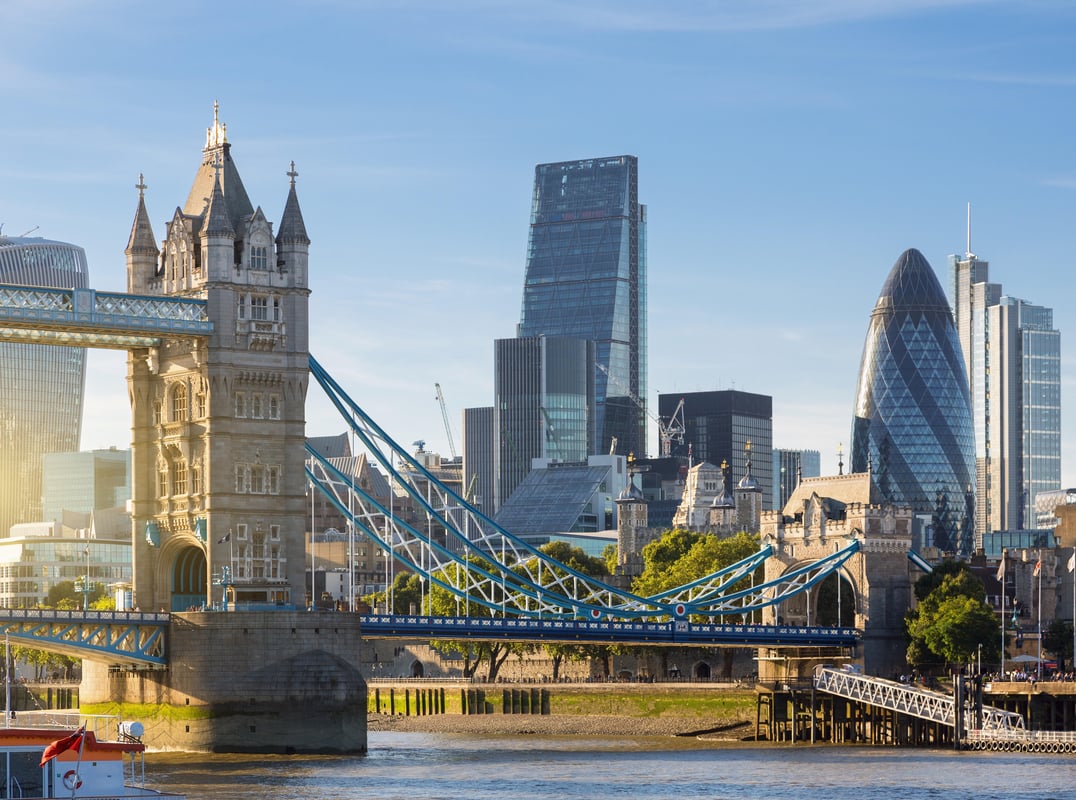Boris Johnson Lifts Last COVID-19 Restrictions in England

TUESDAY, Feb. 22, 2022 (HealthDay News) -- British Prime Minister Boris Johnson announced Monday that his government will end all remaining COVID-19 restrictions in England, including the requirement for people with COVID-19 to self-isolate.
In a news conference, Johnson said the country was moving to a model of personal responsibility as part of a plan for treating COVID-19 like other common illnesses such as flu. But he noted the new strategy does not mean the problem has disappeared. "Today is not the day we can declare victory over COVID, because this virus is not going away," Johnson said. "But it is the day when all the efforts of the last two years finally enabled us to protect ourselves whilst restoring our liberties in full."
Under the new plan, mandatory self-isolation for people with COVID-19 will end starting Thursday and the routine tracing of infected people's contacts will stop. People will still be advised to stay home if they are sick, but they will no longer get financial support when they do so. Other pandemic measures will be eased: Starting April 1, polymerase chain reaction tests will be free only for older people and the immunocompromised. The government will also stop offering free rapid virus tests, though they will be available for purchase.
Monday's announcement applies only to England, which is home to 56 million of the U.K.'s 67 million people. It leaves England with fewer restrictions than most other European countries, with the exception of Denmark, the Associated Press reported.
While heralding the easing of COVID-19 restrictions, Johnson said scientists were "certain there will be new variants and it is very possible they will be worse than omicron."
Johnson's government lifted most virus restrictions in January, scrapping vaccine passports for venues and ending mask mandates in most settings apart from hospitals in England. Scotland, Wales, and Northern Ireland, which set their own public health rules, also have opened up, although more slowly, the AP reported.
Related Posts
Vitamins: It’s Best to Get Them From Food, Not a Bottle
FRIDAY, Nov. 25, 2022 (HealthDay News) -- Bottled vitamins might seem a...
Un estilo de vida saludable reduce las probabilidades de COVID prolongada a la mitad
MARTES, 7 de febrero de 2023 (HealthDay News) -- Las personas que contraen la...
Race, Income Can Determine Blood Cancer Outcomes, Studies Show
MONDAY, Dec. 12, 2022 (HealthDay News) -- If someone is stricken with a blood...
¿Puede el CBD ayudar a frenar la COVID? Tal vez, pero se necesitan más estudios
LUNES, 24 de enero de 2022 (HealthDay News) -- El cannabidiol, un compuesto...
